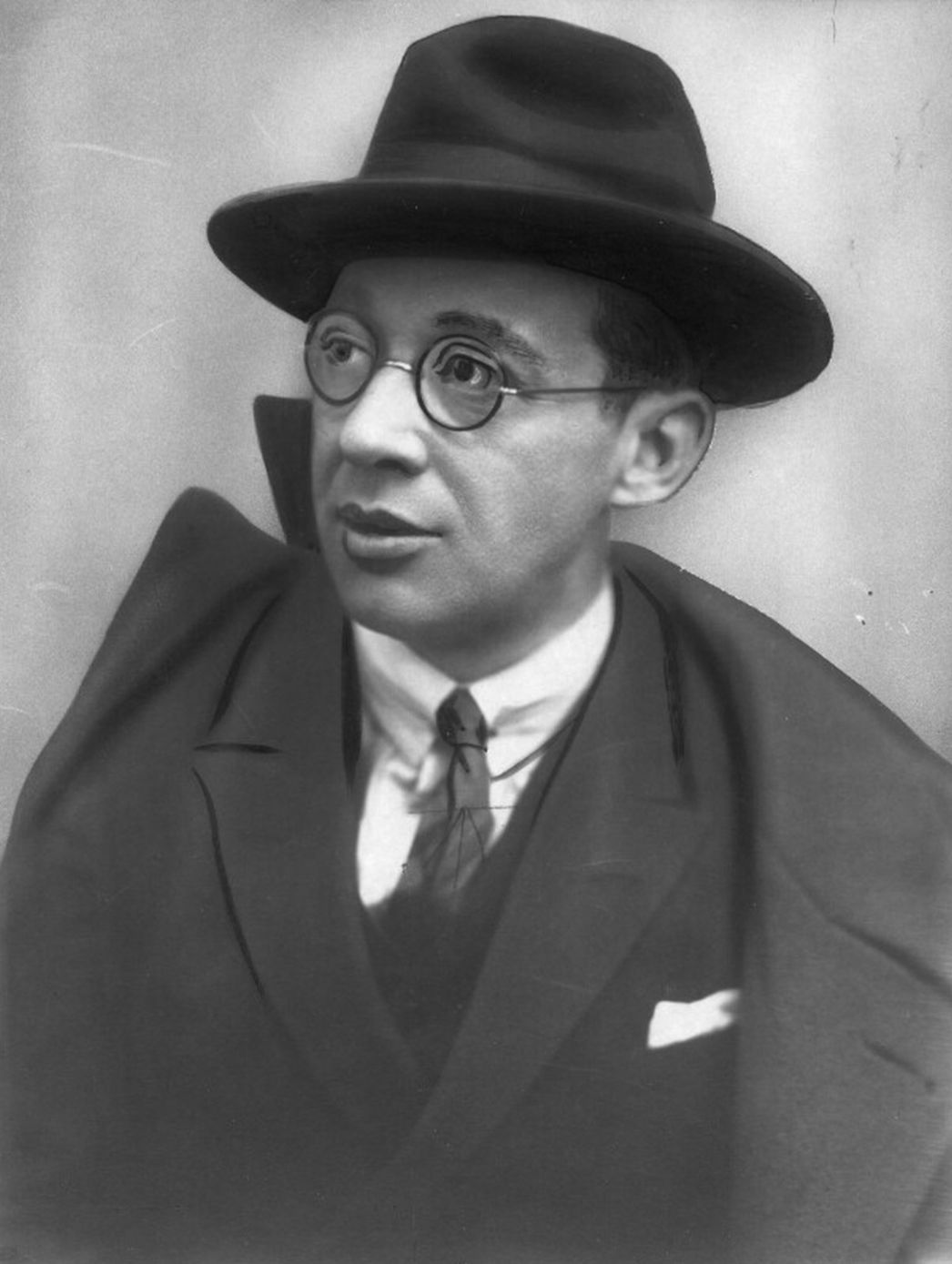
Franz Friedrich (Fritz) Grünbaum was born in Brünn (Brno) on 7 April 1880, the son of an art dealer. After finishing school in Brünn, he studied law in Vienna from 1899 to 1903. He began appearing as a conférencier and cabaret artist in 1906, and later as a theatre actor as well; he also wrote librettos for operettas by Franz Lehár and others. In 1912–14, his collected conférences and monologues were published in nine volumes entitled Verlogene Wahrheiten ("Lied Truths"). In early 1915 he volunteered for service at the front; he returned home in 1918 as a senior lieutenant decorated with numerous medals – and disillusioned. He returned to the stage and occasionally also directed cabaret stages in Vienna. He had contact with Paul Morgan, Roda Roda, Hermann Leopoldi and others. The cabarets he performed in Berlin and Vienna became increasingly political. He also played supporting roles in film and on the stage and collaborated with Roda Roda on screenplays. From 1921 onward he worked with actor and cabaret artist Karl Farkas, with whom he performed their newly created double conférence. Following the German invasion of Austria, Grünbaum was subjected to political and anti-Semitic attacks.
In an attempt to flee to Czechoslovakia, Grünbaum was sent back to Austria by the border patrol. He was arrested on 1 April 1938 and held prisoner in the police prison in Elisabethpromenade in Vienna, then, in May 1938, interned in the collection camp in Karajangasse with Bruno Kreisky and others. A short time later he was committed to Dachau Concentration Camp, where he performed as a cabaret artist. In early October 1938 he was transferred to Buchenwald, where one of his fellow inmates was Fritz Löhner-Beda. In Buchenwald he worked in the sock-darning workshop, the
On 24 October 1940 he was transferred back to Dachau Concentration Camp, where he died on 14 January 1941.


